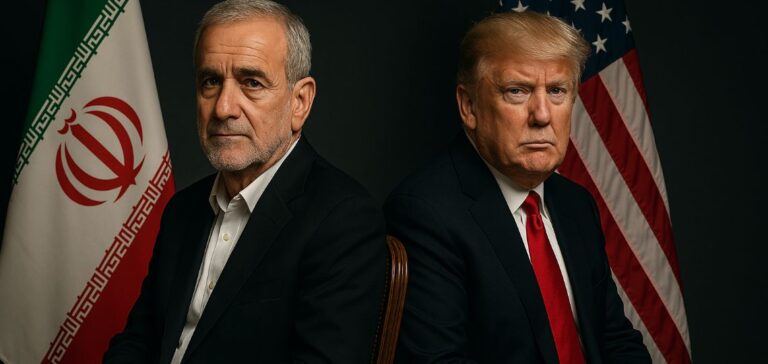Russia has finalized a 20-year civil nuclear agreement with Iran, thereby strengthening a partnership that draws international attention. According to the International Atomic Energy Agency (IAEA), Tehran possesses approximately 275 kilograms of uranium enriched to 60%, a level considered sensitive. The United States, under President Donald Trump, is considering reopening indirect talks in Oman. Tehran, for its part, demands the lifting of the economic sanctions imposed since 2018, a condition deemed essential for any diplomatic progress.
Strategic Partnership and International Stakes
The text ratified by the Duma provides for the construction and supervision of new reactors at the Bushehr site, with technology transfer from Moscow. Some observers highlight the strategic dimension of this cooperation, given that both countries are under Western sanctions. The Kremlin, through its spokesperson Dmitry Peskov, confirmed that Russia supports any initiative likely to reduce regional tensions. However, the possibility of dual-use nuclear technology is causing concern among several stakeholders closely monitoring Iran’s program.
The American withdrawal from the 2015 international nuclear agreement marked a turning point, leading to the resumption of punitive measures against Iran’s energy sector. Washington now claims to be ready to negotiate, subject to Iranian guarantees regarding the purely civilian nature of its nuclear program. President Donald Trump mentioned the possibility of direct talks, although Tehran continues to favor an indirect channel. Envoys from both sides are thus preparing to meet separately in Oman, a nation historically engaged in mediation.
Indirect Negotiations and Regional Reactions
Abbas Araghchi, Iran’s Foreign Minister, emphasized that his country remains open to compromise, provided that U.S. sanctions are fully lifted. According to official sources, the U.S. Special Representative for the Middle East, Steve Witkoff, is expected to travel to Oman to meet with Omani and Iranian intermediaries. Tehran, however, maintains that no direct meeting with Washington is planned. Iranian authorities believe the ball is in the American court, asserting they have demonstrated their willingness to honor their civilian commitments.
China and Russia, Iran’s longstanding diplomatic partners, publicly support the path of negotiation. The Kremlin reiterated its support for any political solution aiming to regulate Iran’s nuclear program, citing potential for de-escalation in the region. Beijing also urged the parties to avoid any provocation that could jeopardize the talks. This atmosphere of openness reflects a convergence of interests among powers seeking appeasement, despite lingering international antagonisms.
Diplomatic Prospects and IAEA Monitoring
The International Atomic Energy Agency stresses the need for enhanced inspections, given Iran’s significant stockpile of enriched uranium. Inspector reports highlight Tehran’s current cooperation, while underlining the importance of transparency to avoid misunderstandings. Several governments are questioning the link between the Russia-Iran partnership and non-proliferation objectives, as the accumulation of fissile materials remains under scrutiny. The planned talks in Oman and subsequent diplomatic exchanges may influence the course of this issue, at the intersection of geopolitics and the energy market.






















